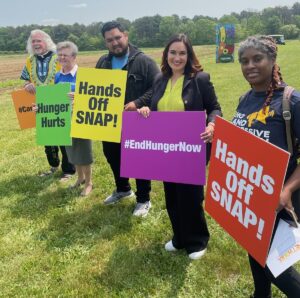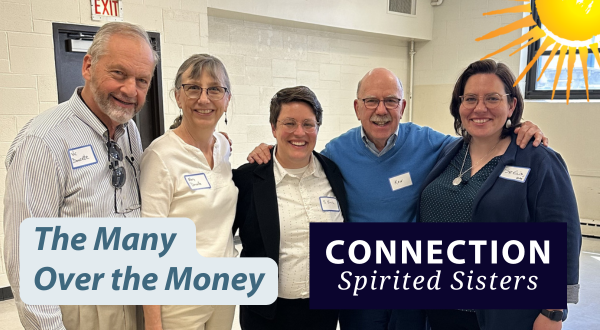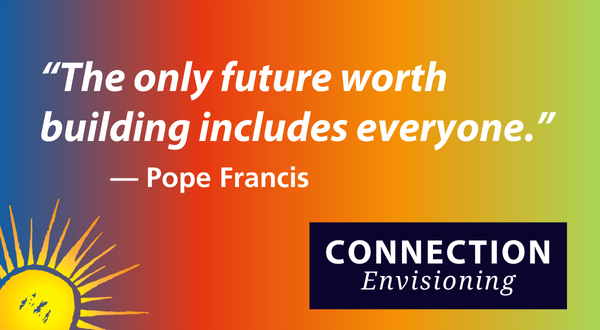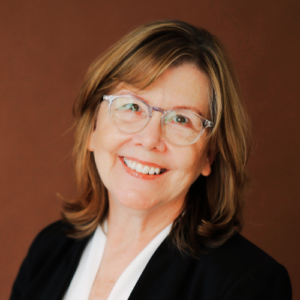How Do We Reach Gen Z as Engaged Citizens?
Shifting From Individualistic Appeals to Collective Empowerment Will Encourage Young Voters to View Voting as Relevant
What I kept hearing was “My vote doesn’t matter anyway.” Through this event, I saw a growing sense of disillusionment, sometimes described as “Gen Z doomerism,” which has led many young people to question whether casting a ballot makes a difference. This experience changed my approach: if we are to connect with young voters, we must reframe what voting means to them.
Too often, voting is described as an individual obligation. For a generation deeply aware of the power held by corporations, institutions, and political systems, the idea that one person’s ballot can alter the future feels unconvincing. We can change this by reshaping our messaging around voting to focus on its collective power. When more of Gen Z votes, our generation becomes recognized as a legitimate voting bloc, transforming voting from a solitary act into a demonstration of generational power.
In this context, casting a ballot is not merely “doing your part” but joining in solidarity to shape a shared future based on our generation’s needs. When politicians notice that our generation has the power to elect them to or oust them from office, they also notice the issues that matter most to us. Individuals do have power in our electoral system, but our current language leaves Gen Z feeling isolated in their journey to the voting booth. Breaking down this barrier requires adjusting our messaging surrounding voting from an isolated act to an act of solidarity.
Another concern voiced by many Gen Z voters is that electoral choices feel limited. When the system appears reduced to two unappealing options, participation declines. The solution is not to dismiss this frustration, but to highlight the growing number of new and dynamic leaders entering public service. However, this also demands that those involved in voter registration must keep up with smaller campaigns. Grassroots campaigns spring up every election, especially with social media being able to amplify newer candidates without needing the money of incumbent politicians.
Staying on top of local campaigns can exemplify how fresh voices make space for new priorities in the political arena. Elevating the ability to support new candidates demonstrates to Gen Z that there are alternatives to establishment politics and that their votes can help propel new candidates into office.
Along with social media giving rise to more grassroots candidates, Gen Z is uniquely positioned in an era where public accountability is immediate. With constant access to information, our generation evaluates leaders not by rhetoric, but by record. It is no longer sufficient to rely on campaign promises; the emphasis must be on actual action. Discussing what elected officials have accomplished grounds political engagement in tangible outcomes rather than slogans, allowing Gen Z voters to see the true impact candidates can have on their communities.
While getting people out to vote is the main push during voter registration drives, it is equally important to recognize that meaningful civic participation extends beyond the ballot box. Voting is one tool among many. Staying informed about local protests, solidarity movements, and legislative developments sustains engagement between elections. This gives Gen Z a way to actively participate in our political system in a way that does not feel momentary, allowing younger voters to build community while participating in civic action.
Staying aware of other modern forms of political participation is vital to ensure Gen Z stays engaged after leaving the voting booth.
If we want Gen Z to view voting as relevant, we must change our language. That means shifting from individualistic appeals to collective empowerment, encouraging young voters to research leaders who reflect their values, emphasizing results over rhetoric, and recognizing civic action as a year-round responsibility.
Gen Z is already reshaping culture, technology, and activism. Our potential to reshape democracy is equally strong, provided we affirm our role as a legitimate force in the American political landscape. Ensuring our generation’s full participation is not simply a matter of generational buy-in. It is a matter of strengthening the very foundation of our democracy.
Jackalope Labbe is a social work and history major at the College of Our Lady of the Elms in Chicopee, Massachusetts, and a 2025 Sr. Carol Coston Fellow in NETWORK’s Young Advocates Leadership Lab (Y.A.L.L).







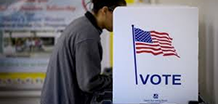
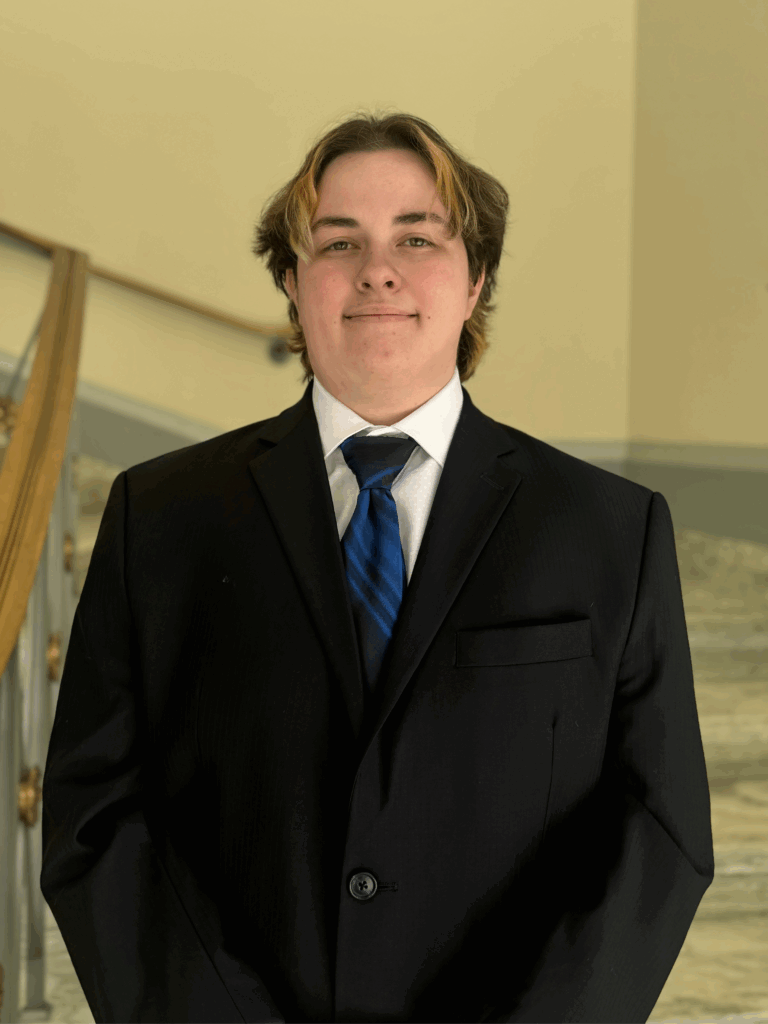
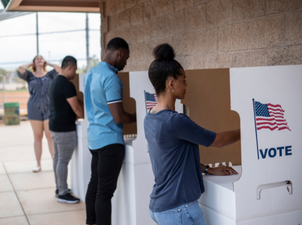
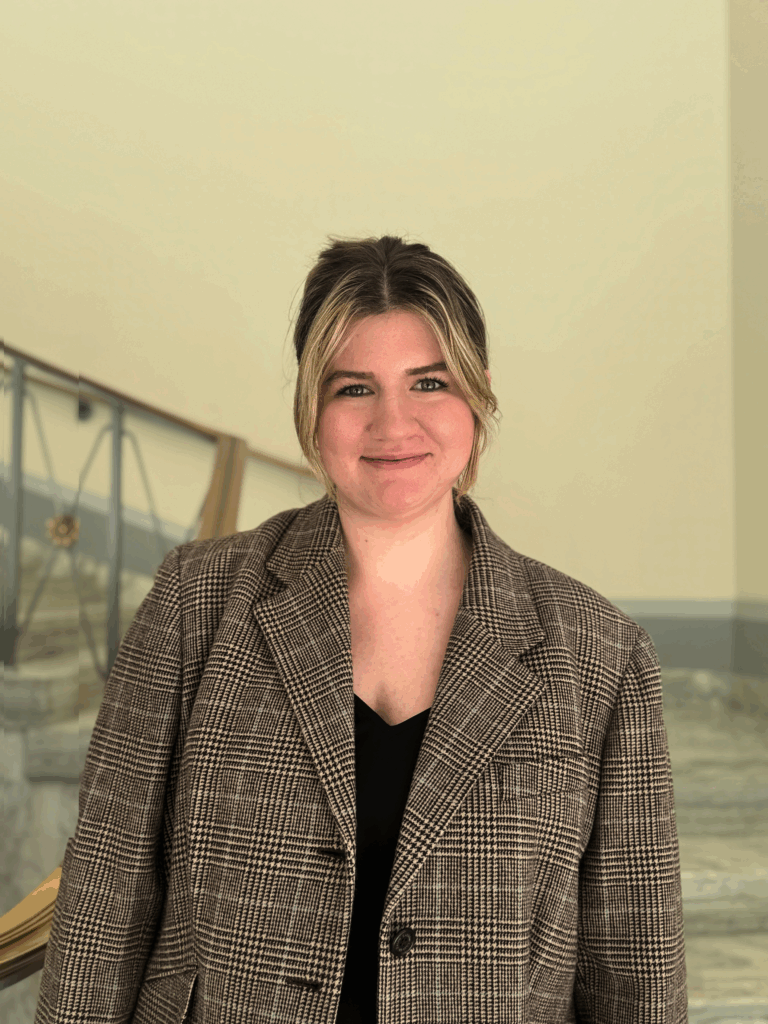
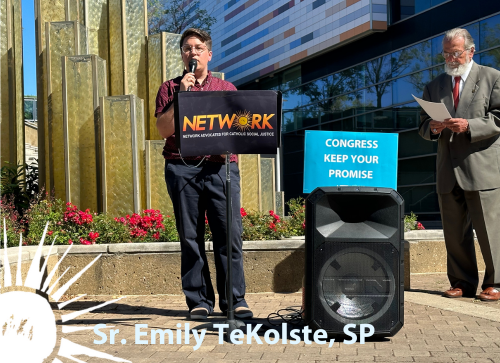
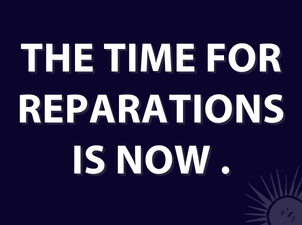
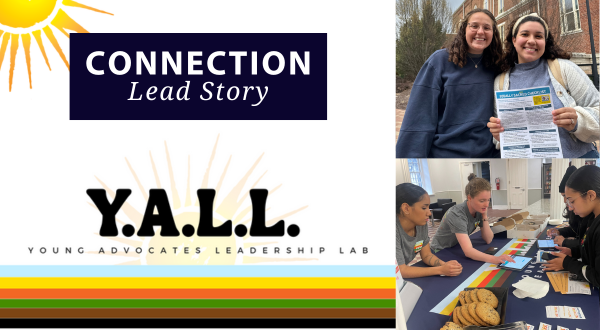
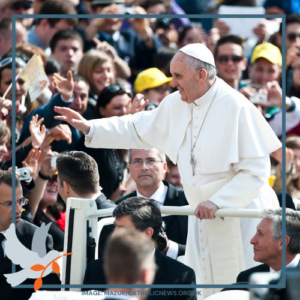

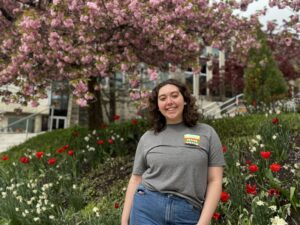
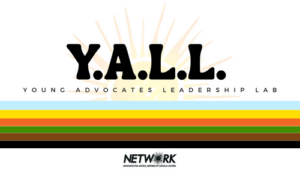
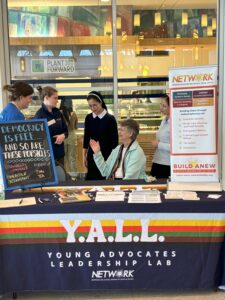
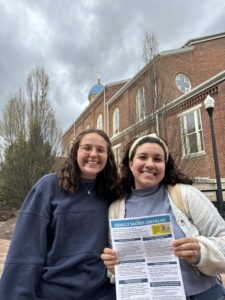
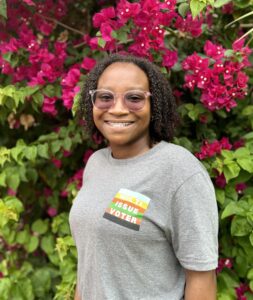
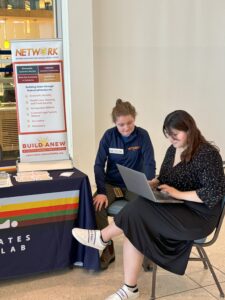

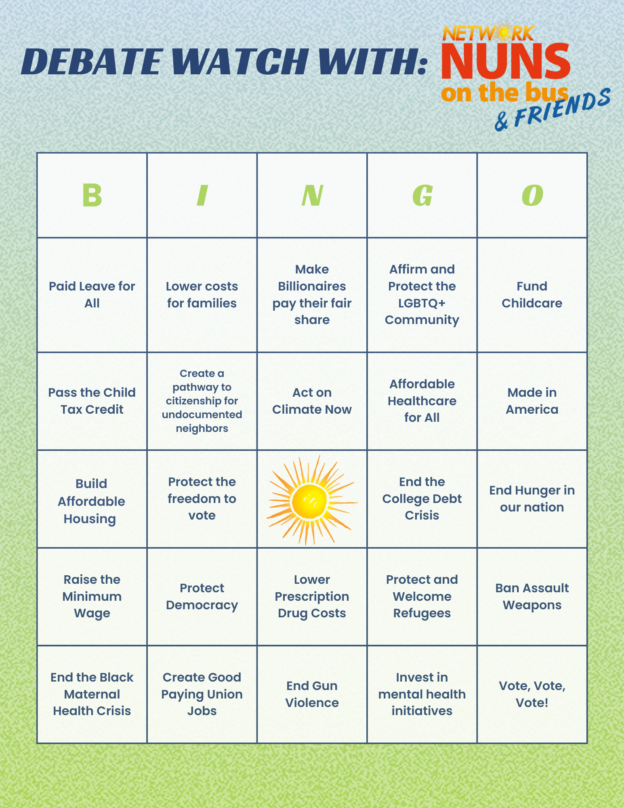
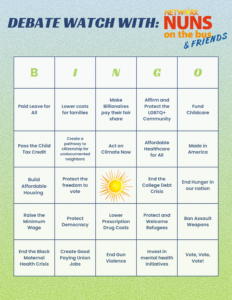

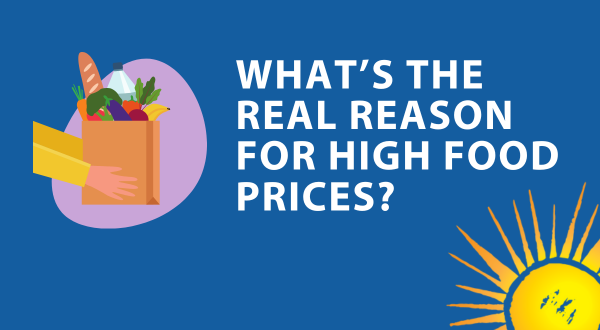
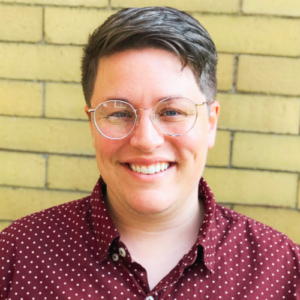
 Big corporations made $2.5 trillion in profits in 2021 alone, their most profitable year since 1950—and corporate food executives still raised prices.
Big corporations made $2.5 trillion in profits in 2021 alone, their most profitable year since 1950—and corporate food executives still raised prices.
